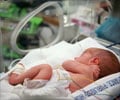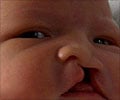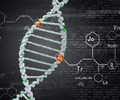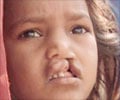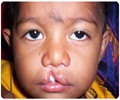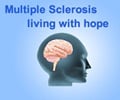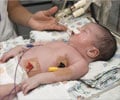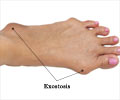Glossary
Mosaic – An individual with two cell types or more, comprising of different chromosome number or structureGenetic Counselling - A communicative procedure that undertakes to deal with the problems that rise in a family with the occurrence or the risk of occurrence of a genetic abnormality
Pedigree - A pedigree involves recording a family’s history and making use of a standard set of symbols to represent the status of each member of the family
Allele - An allele is an alternative form of a gene loated on a given locus of a chromosome
Gene – Genes are located on the chromosomes and carry the information representing a protein
Chromosomes - Chromosomes are structures made up of DNA and proteins found in the cells of all organisms. The number of chromosomes is species- specific. In humans it is 46.
The DNA is the basic unit of heredity and is known as the blue print of life. It carries the genetic codes which stores the necessary information for all organisms.
Genotype - Genotype indicates the genetic constitution of an organism
Phenotype - Phenotype refers to the physical appearance of an organism which is controlled by the genotype and the enviornment
Haploid Cell - A cell having only one set of chromosomes, ie. 23 numbers in humans
Diploid Cell - Having two sets of chromosomes, 46 numbers in humans
Hybrid - An offspring of parents belonging to two different species, example mule which is the offspring of a horse and donkey
Mutation - An inheritable change in the gene or the chromosome
Wild Type - An organism having a normal phenotype
Mutant - An organism harboring a mutation
Trisomy - A condition, which arises due to the presence of an extra chromosome. An example is Down syndrome, where the individual has an extra chromosome 21
Mitosis - A division by which the cells reproduce, wherein the resultant cells are the replica of the parent cell.
Meiosis - A special kind of cell division, called reduction division, that takes place in the testes and the ovaries, which produces eggs and sperms that are haploid
Consanguinous marriage - A marriage between two closely related individuals
Euploidy - When an organism has the regular chromosome number, example 46 numbers in humans, it is euploid.
Aneuploidy - When an organism has an abnormal number of chromosomes as in Down Syndrome, it is known as aneuploidy.

